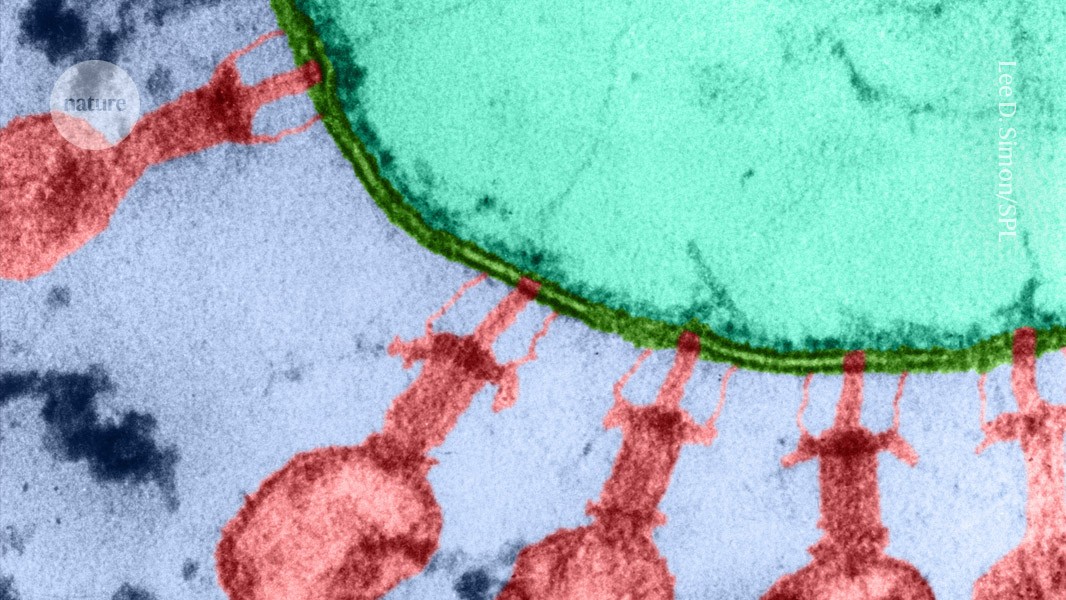
"This is the first time AI systems are able to write coherent genome-scale sequences", says Brian Hie, a computational biologist at Stanford University, California. "The next step is AI-generated life", says Hie, but his colleague Samuel King adds that "a lot of experimental advances need to occur in order to design an entire living organism". The study, by Hie, King and colleagues, was posted on the preprint server bioRxivon 17 September and is not yet peer reviewed,"
"AI models have already been used to generate DNA sequences, single proteins and multi-component complexes. But designing a whole genome is much more challenging owing to complex interactions between genes and gene replication and regulation processes. These AI systems are now capable of helping scientists to manipulate highly intricate biological systems, such as whole genomes, says Hie. "There are many important biological functions that you can only access if you're able to design complete genomes.""
AI-generated viruses can hunt down and kill strains of Escherichia coli. These viruses represent the first coherent genome-scale sequences produced by artificial intelligence models. Designing whole genomes remains challenging because of complex interactions among genes and processes of replication and regulation. Evo 1 and Evo 2 models were used to analyze and generate DNA, RNA and protein sequences and to produce genome designs guided by a template. ΦX174, a simple single-stranded DNA virus with 5,386 nucleotides in 11 genes, provided the template. The approach offers potential to complement phage-therapy strategies for treating bacterial infections, though substantial experimental advances are still required before designing entire living organisms.
Read at Nature
Unable to calculate read time
Collection
[
|
...
]